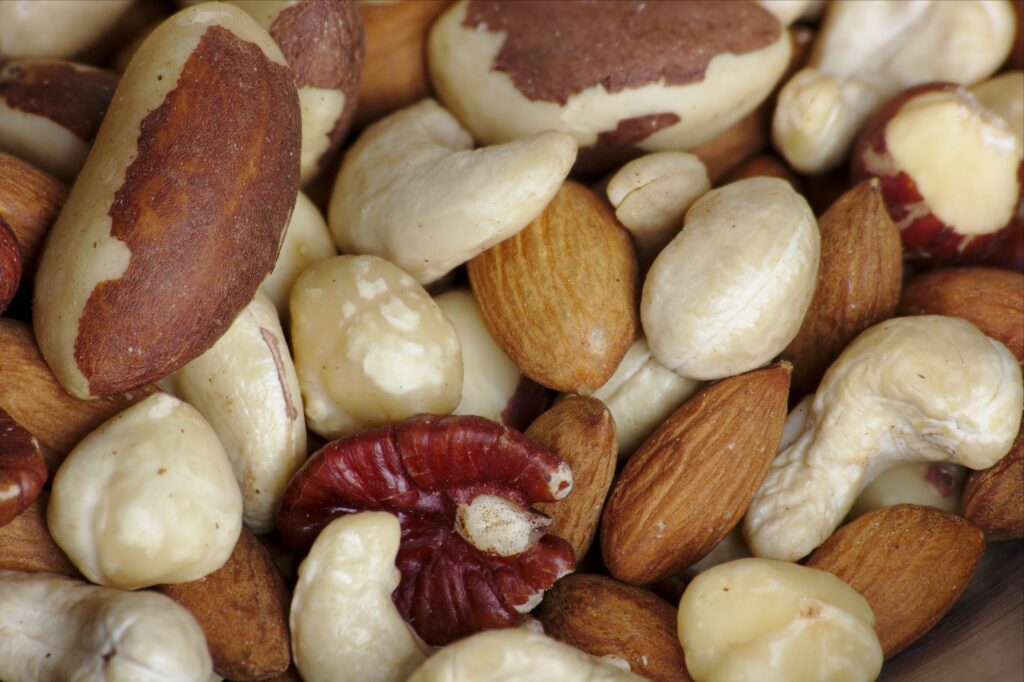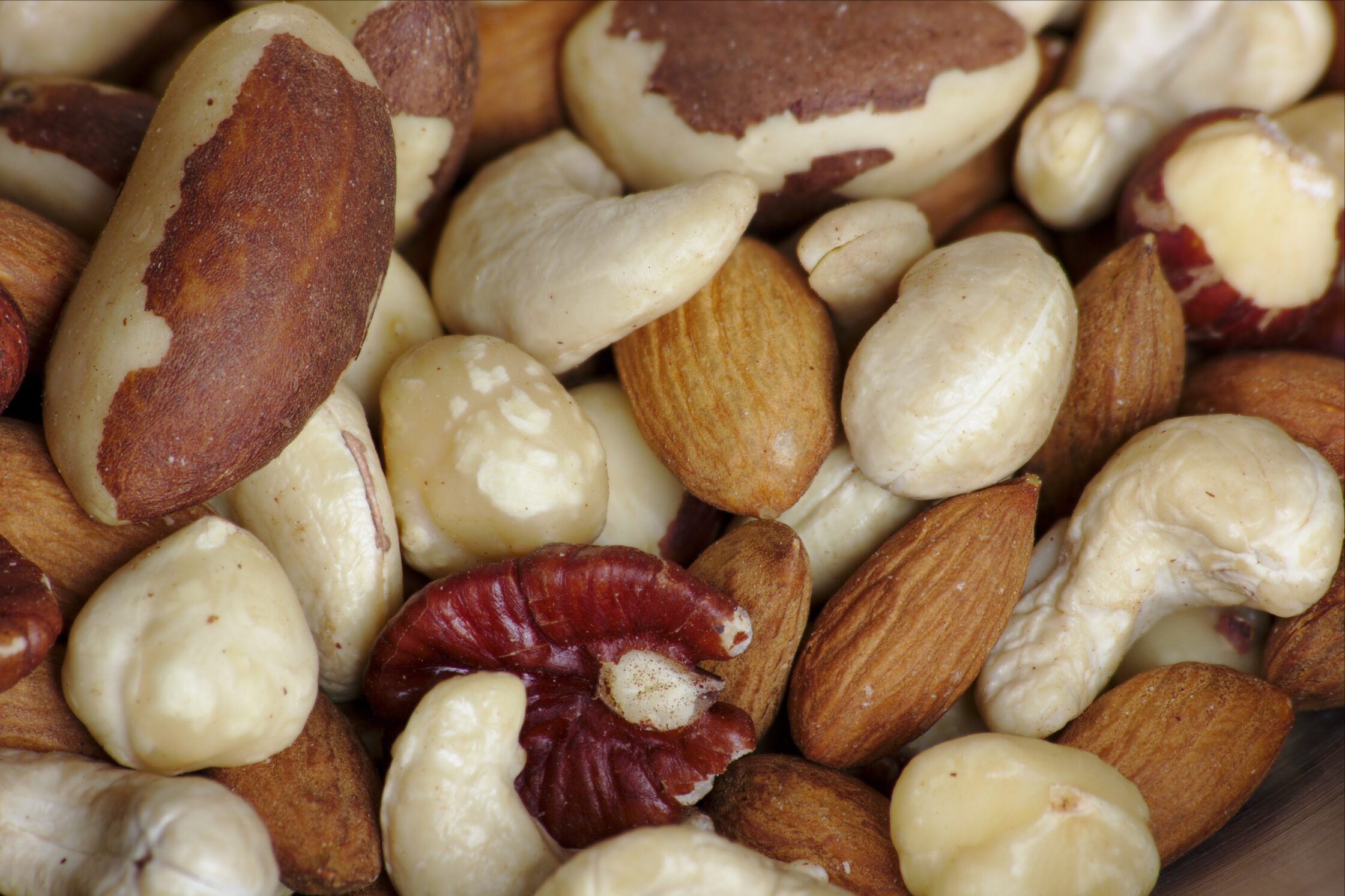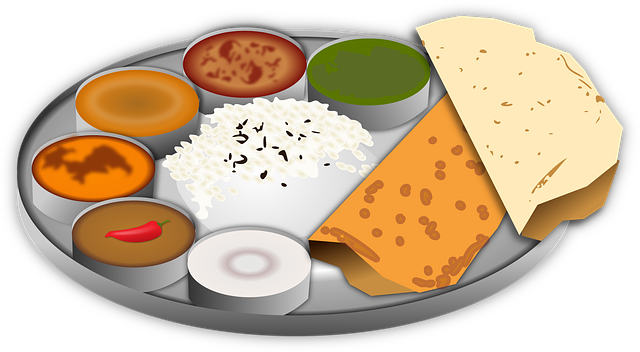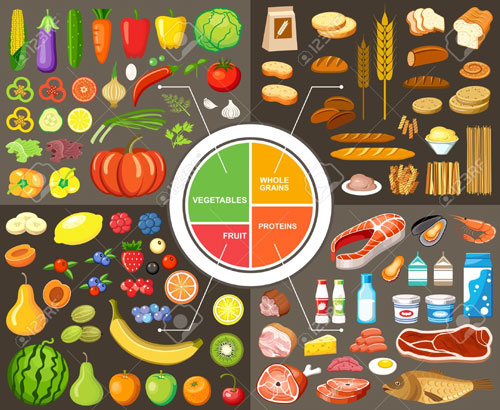What is iodine?
Iodine is a mineral found in some foods, soil and water. The body needs iodine to make thyroid hormones. The thyroid gland is a butterfly-shaped endocrine gland that is located in the lower front of the neck. Thyroid hormone helps the body use energy, stay warm and keep the brain, heart, muscles, and other organs working as they should. Iodine may have other physiological functions such as supporting the immune response. The body also needs thyroid hormones for proper bone and brain development during pregnancy and infancy. So…. what happens when you are deficient in iodine?

How much iodine do you need?
Your body doesn’t naturally make iodine, so the only way to get this nutrient is through your diet. Pregnant women require more iodine than any other group of people, therefore are more likely to experience deficiency.
| Life stage | Iodine required per day (μg) |
| 0-6 months | 90 |
| 7-12 months | 110 |
| 1-8 years | 90 |
| 9-13 years | 120 |
| 14years+ and Adults | 150 |
| Pregnant women | 200 |
| Breastfeeding women | 200 |
Taking too much iodine can also cause problems. People at risk of experiencing negative health effects from consuming too much iodine are those with thyroid problems and those who have moved from an iodine deficient region to a region with sufficient iodine.
What is the prevalence of iodine deficiency?
Iodine deficiency affects about 2 billion people worldwide. It is similar to vitamin D deficiency in that it is a hidden nutrition crisis.
Why are people facing an iodine deficiency?
Iodine deficiencies are very common, especially in countries where the soil and food supply contain low iodine levels.
Some soils that are at risk of having low iodine content are:-
- Soils from mountain ranges, such as the Himalayas, Alps, and Andes
- Soils from areas with frequent flooding
- Soils from areas of deforestation and soil erosion
- Soils in areas of intensive cropping and widespread use of alkaline fertilizers,
About 90% of iodine intake is obtained from food consumed and the remainder from water. The food grown in iodine deficient regions can never provide enough iodine to the population and livestock living there.
What are the effects of being deficient in iodine?
- Swelling of the thyroid glands in the neck that can cause a visible lump, called a goiter, to form on the neck.
- Low levels of thyroid hormones (known as hypothyroidism). This can lead to fatigue, increased sensitivity to cold, dry skin and muscle weakness amongst other symptoms.
- Severe hypothyroidism can lead to heart disease, nerve damage, impaired ovulation and problems during and after pregnancy.
- Cognitive issues such as low IQ, trouble learning and mental disabilities.
How can you ensure you get enough iodine in your diet?
Some good source of iodine are:
- Sea weeds and spongy shells are rich in iodine.
- Iodized table salt
- Fish
- Eggs
- Nuts
- Meats
- Bread
- Dairy products
- Iodine-containing multivitamins
Studies discussed
Health consequences of iodine deficiency
Kapil U



